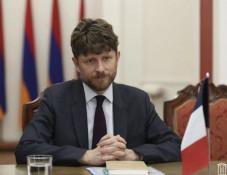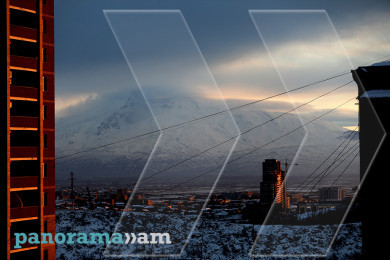
Amnesty International annual report: There are a total of 23 prisoners of conscience in Azerbaijan
Azerbaijan proved particularly aggressive in its repression of dissent; there are a total of 23 prisoners of conscience in Azerbaijan, including bloggers, political activists, civil society leaders and human rights lawyers. Azerbaijan’s presidency of the Council of Europe in the first half of the year failed to induce restraint, the report of the international human rights organization “Amnesty International” reads. The report 2014/15 documents the state of human rights in 160 countries and territories.
“At least six prominent human rights defenders were imprisoned and leading human rights organizations forced to shut down or cease their activities. Independent journalists continued to face harassment, violence and trumped-up criminal charges. Freedom of assembly remained restricted. There were frequent reports of torture and other ill-treatment,” the report reads.
According to the report, NGO leaders continued to face threats and harassment from the authorities, including raids by security forces, the confiscation of equipment and imposition of travel bans. At least 10 leading human rights NGOs were prevented from operating as their bank accounts were frozen under a high-profile criminal investigation from May onwards. Additional restrictions concerning NGO registration and activities were introduced in the law and used arbitrarily to open criminal proceedings against several NGO leaders.
It’s also noted that the authorities continued to imprison government critics, political activists and journalists. At the end of the year, there were at least 20 prisoners of conscience. In a major crackdown on human rights activists, six prominent NGO leaders were remanded on charges of fraud, illegal entrepreneurship and “abuse of power". Independent journalists continued to face threats, violence and harassment. Bloggers and opposition youth leaders were typically charged with drug-related offences.
Demonstrations remained effectively prohibited outside officially designated, and typically remote, areas. In central Baku, the capital, law enforcement authorities used violence and excessive force to prevent and break up “unauthorized", peaceful assemblies throughout the year, the report reads.
The organization is also aware of a number of cases of torture and other ill-treatment which were not effectively investigated.
Newsfeed
Videos






























